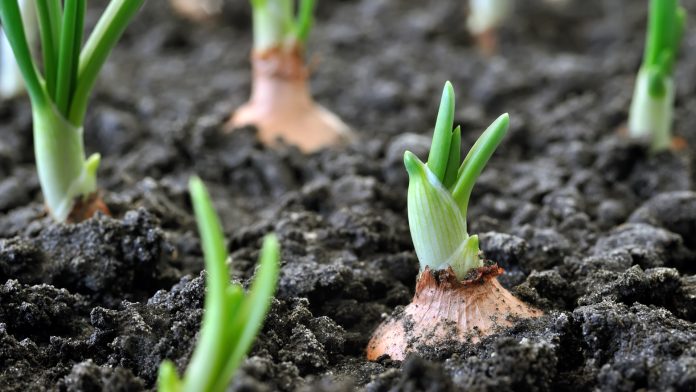



Article by: Hari Yellina (Orchard Tech)
As consumers, we’ve been conditioned to believe that organic foods are free from hormones and pesticides. Walk into any supermarket, you will find fresh produce, canned foods, poultry, and even personal hygiene products labelled as ‘organic’. But what does buying organic produce really mean? Food and health expert, Associate Professor Jayashree Arcot from UNSW School of Chemical Engineering, says organic farms are only certified after they have been operating under organic principles for three years and must pass an audit and review process.
As consumers, we know that generally, organic foods are grown and processed without synthetic chemicals. Animals are raised without growth hormones or antibiotics on a 100 per cent organic diet. However, what the consumers see labelled as organically grown food may not be organic, unless it has been certified. In the market, there are pesticides approved for organic agriculture—these are supposed to be low in toxicity compared to pesticides used in conventional farming.
So just because you sell it as organic, it doesn’t really mean it’s pesticide-free.
The proof is in the soil
Unlike conventional farming practices, organic farming does not use synthetic chemical intervention. Instead, it focuses on sustaining the natural state of the soil, often implementing practices such as crop rotation which involves changing the crop after every harvest. This traditional agriculture method maintains the biodiversity of the soil. For crops to flourish in an organic environment, A/Prof. Arcot says, the soil needs to undergo nitrogen fixation and farmers can achieve this by first growing pulse crops.